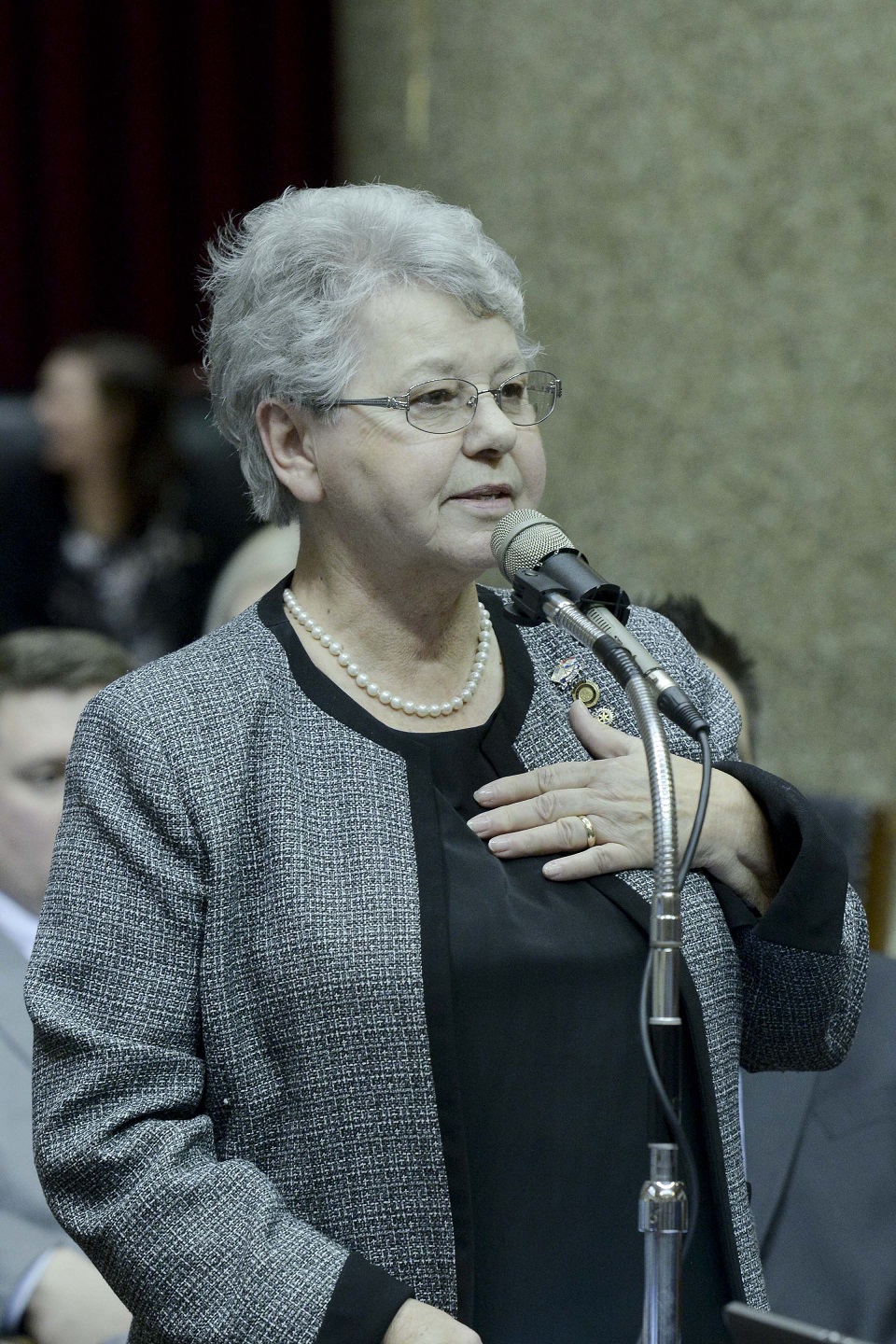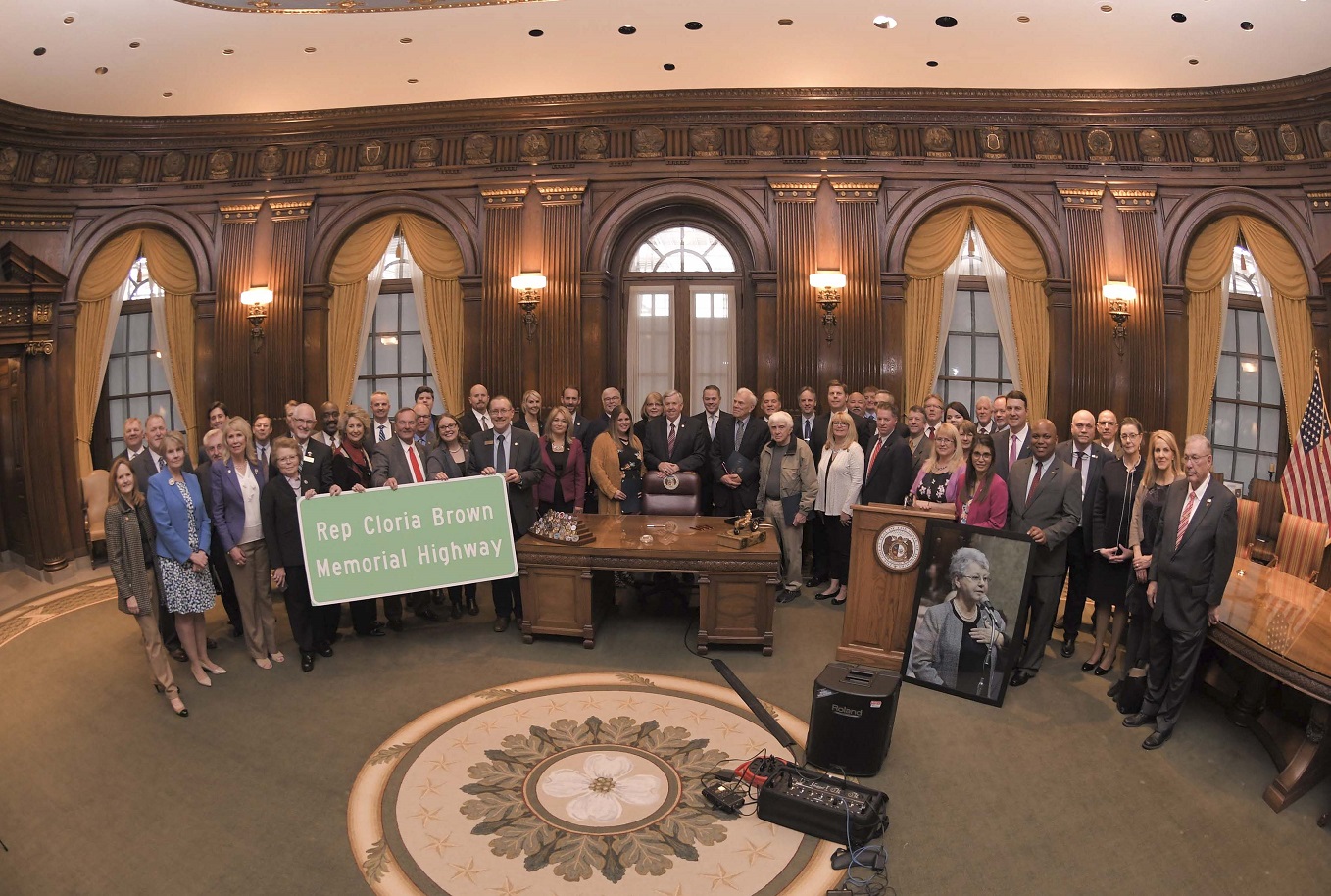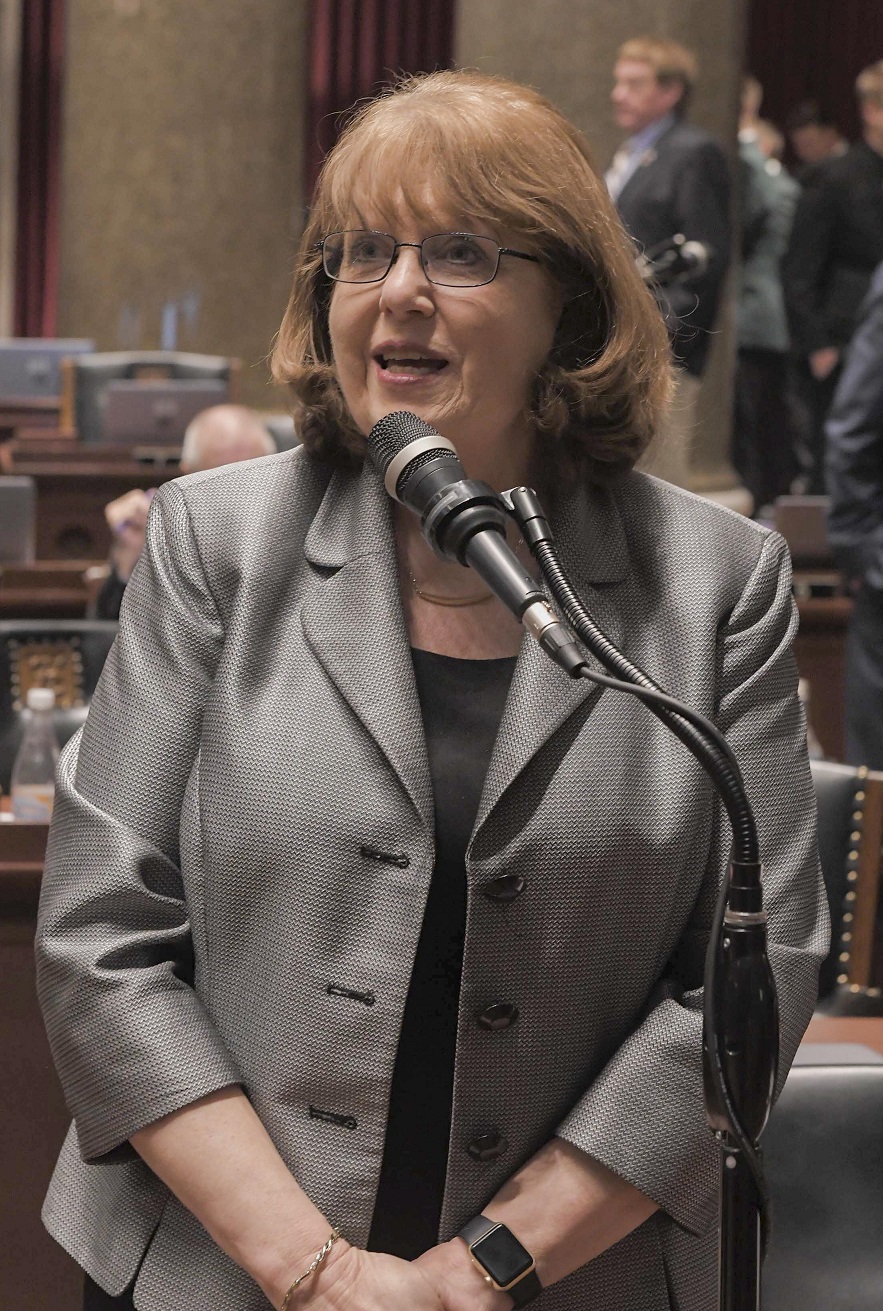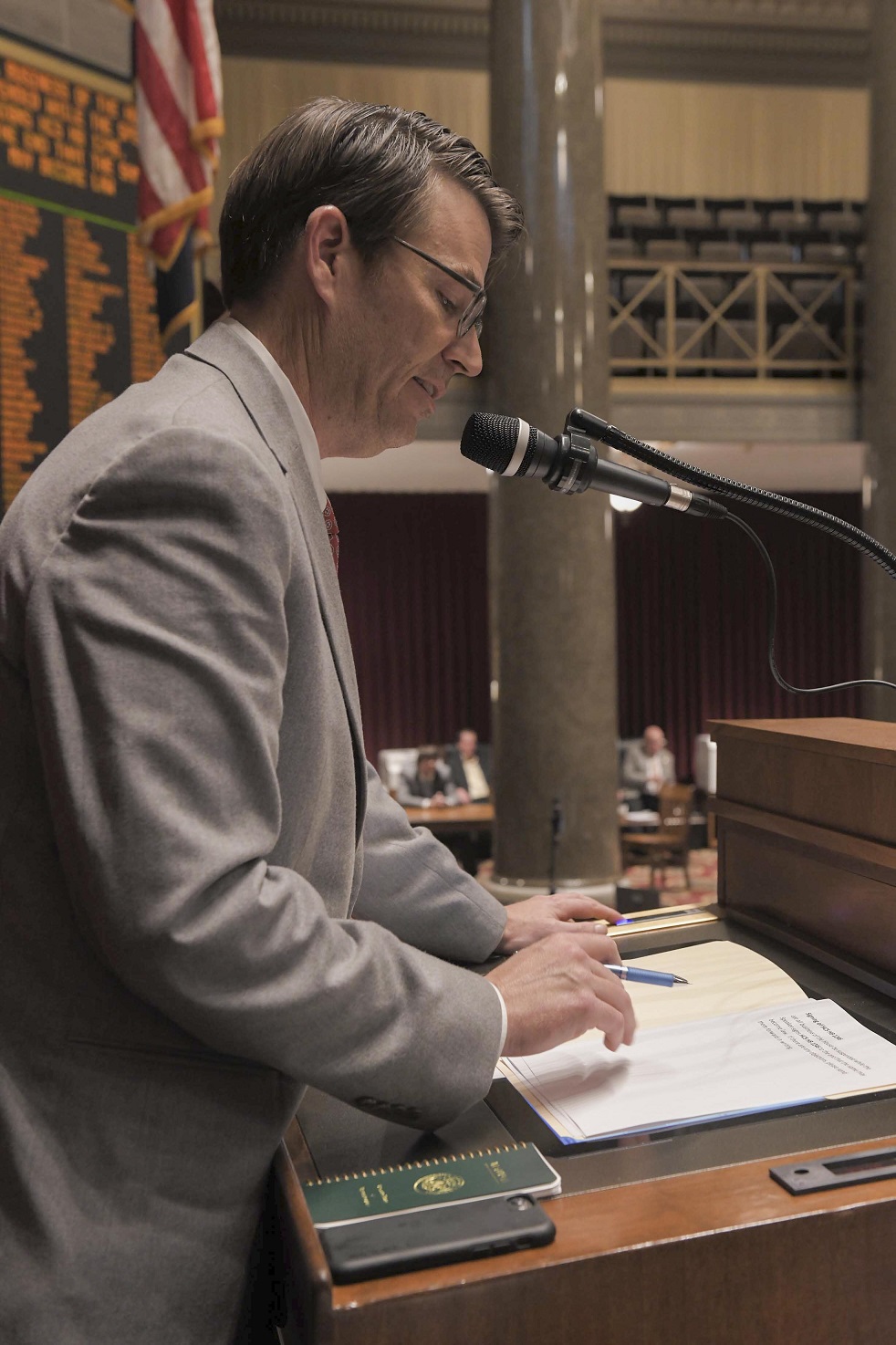A new state law could lead to more prosecutions in Missouri of human traffickers.

Governor Mike Parson (R) recently signed into law House Bill 1472 to change in state law definitions related to currency and money laundering. That might not sound like trafficking legislation, but advocates say it is.
“Remember, for traffickers human trafficking is about making the highest profit possible with the lowest risk to get caught by law enforcement. This is the key. For that reason traffickers need to find ways to eliminate anything, any ways that could lead law enforcement and authorities to them … or be used as evidence,” said Doctor Shima Rostami, Executive Director of Gateway Human Trafficking based in Chesterfield. “For that reason virtual currency and engaging peer-to-peer mobile payments has been playing a great role for payments concerning trafficking operations lately, and because the laws haven’t been updated … to help prosecutors and law enforcement use the evidence they can gather from these forms of transactions, it’s been very difficult for prosecutors and law enforcement to follow the footprints of traffickers in trafficking operations.”
Dr. Rostami says prosecutors are often left with no evidence aside from the testimony of victims, and victims often refuse to testify. This can be for many reasons stemming from their experience, including traumas they suffered or because trafficking organizations may still have leverage over them such as threats against their families or even holding family members hostage.
She offered examples, including that of a victim who was kidnapped as a child and is now an adult. Over the course of her experience she was raped more than 24,000 times.
Dr. Rostami said these situations made it more important that Missouri’s law be updated so that evidence of virtual money laundering can be used at trial.
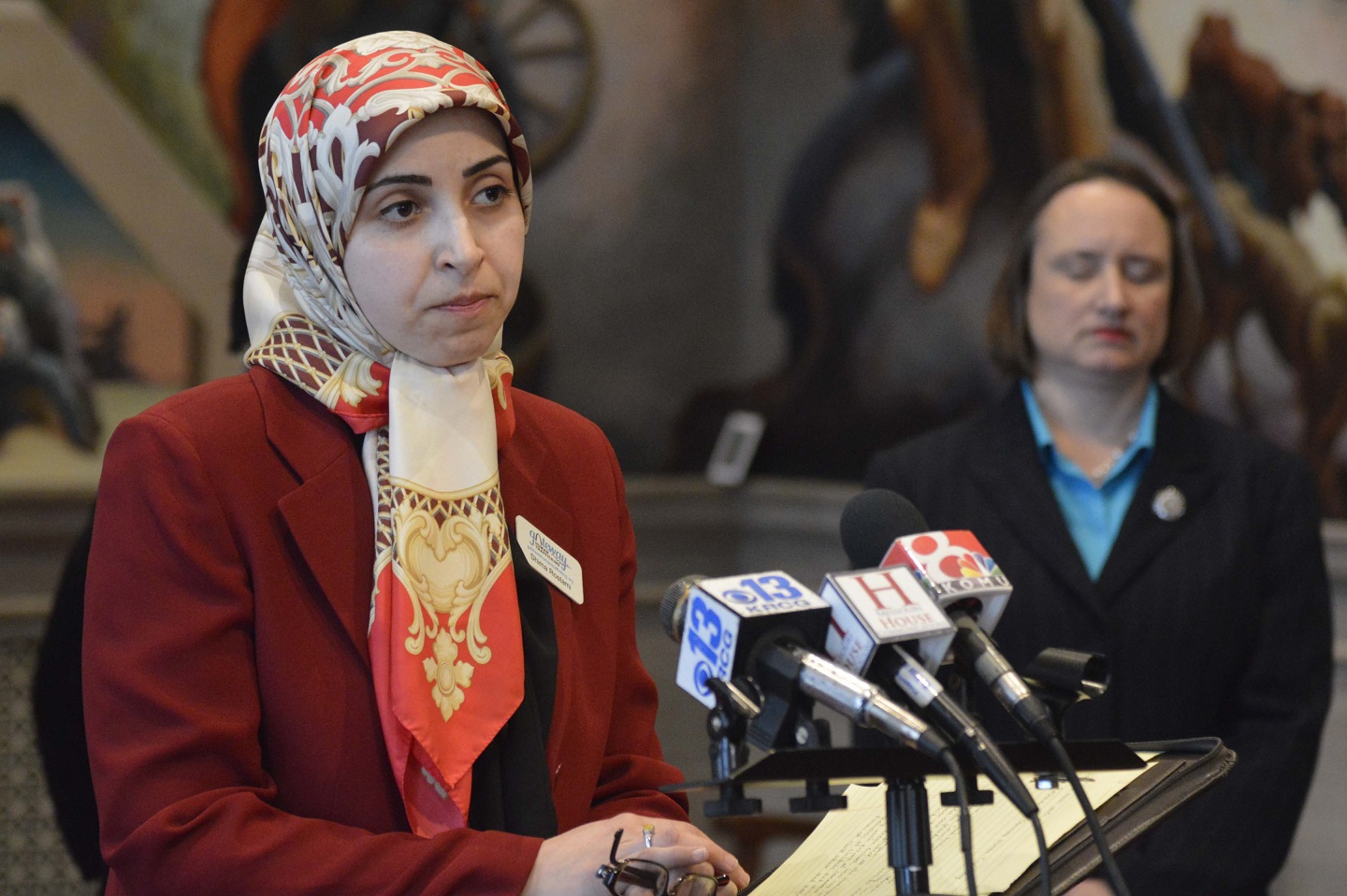
HB 1472 adds to state law definitions for “cryptocurrency,” “financial transaction,” and “transaction;” and replaces the definition for “currency” with one for “monetary instruments.” It was sponsored by Representative Patricia Pike (R-Adrian), who has worked on several trafficking issues during her 8 years in the House. She said those continue to be important in Missouri because its location makes it important for trafficking.
The House voted 141-2 to send that bill to Governor Parson.
